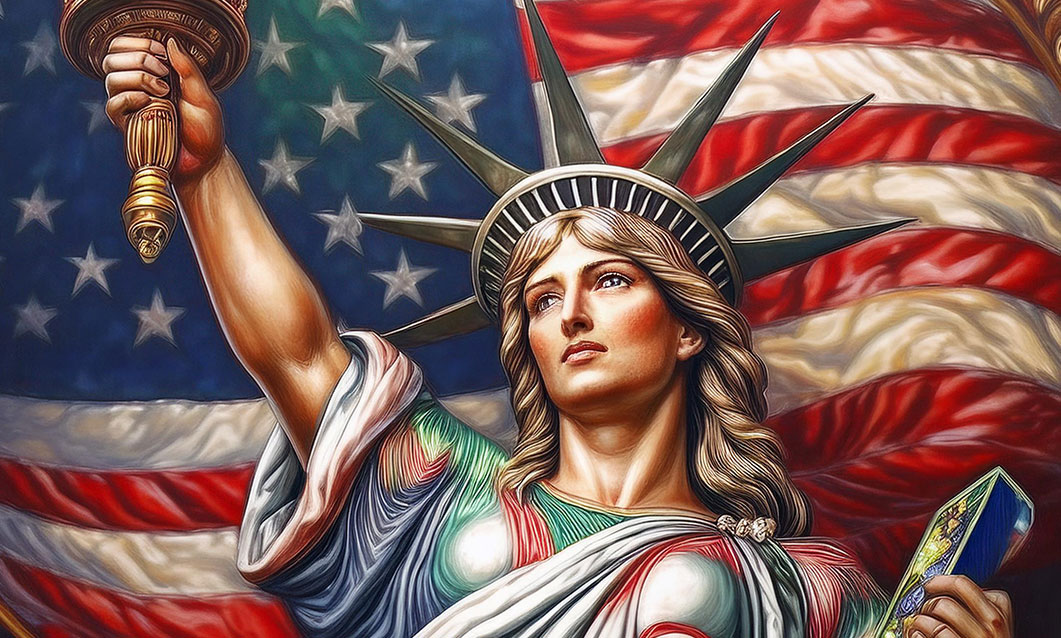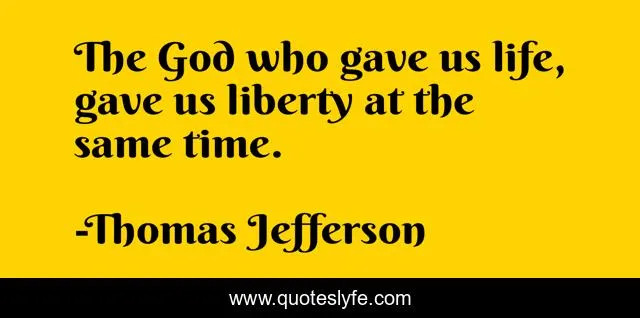
01 Sep Liberty: The American Way of Life
Discover how liberty shapes American identity and governance.
Liberty is not just a word; it’s the foundation of the American spirit. From the very inception of the United States, the concept of liberty has been woven into the fabric of its identity, influencing everything from governance to individual freedoms.
This post delves into the significance of liberty in American culture, exploring its historical roots, its role in governance, and its implications in modern society. Liberty is not merely a political concept; it is a way of life that informs the values and actions of individuals and communities across the nation.
Understanding liberty is essential for grasping the complexities of American values and their influence on modern governance. By examining its historical context, governance implications, and modern interpretations, we can appreciate how liberty continues to guide America forward.
The Historical Context of Liberty
The Founding Principles
The foundation of American liberty can be traced back to the Declaration of Independence and the Constitution. These documents enshrine the belief that all individuals are endowed with certain unalienable rights, including life, liberty, and the pursuit of happiness. The founding fathers, such as Thomas Jefferson and James Madison, emphasized liberty as a cornerstone of democracy and governance.
- The Declaration of Independence asserts that governments derive their just powers from the consent of the governed.
- Jefferson famously stated, “The God who gave us life gave us liberty at the same time.”

Evolution Through History
Liberty has evolved significantly throughout American history, shaped by key events and movements. From the abolition of slavery to the civil rights movement, each chapter in history has redefined what liberty means for different groups within society.
- The 13th and 14th Amendments expanded liberty by abolishing slavery and granting citizenship rights.
- The civil rights movement of the 1960s highlighted the ongoing struggle for liberty, with figures like Martin Luther King Jr. advocating for equality and justice.
Liberty and Governance
The Role of Government in Protecting Liberty
The government plays a crucial role in safeguarding individual freedoms. Through the establishment of laws and institutions, it ensures that citizens can exercise their rights without oppression.
- The Bill of Rights outlines specific protections for individual liberties, including freedom of speech, religion, and assembly.
- Landmark legislation, such as the Voting Rights Act of 1965, aimed to protect the voting rights of all citizens.
Challenges to Liberty
Despite its foundational importance, liberty faces challenges in contemporary America. Issues such as surveillance, censorship, and political polarization threaten to undermine the freedoms that citizens hold dear.
- Recent court cases, such as *Carpenter v. United States*, address the balance between privacy and governmental authority.
- The rise of social media has sparked debates over free speech and censorship, highlighting the complexities of liberty in the digital age.
Liberty in the Modern Context
Liberty and Economic Freedom
The relationship between economic freedom and liberty is profound. A free market allows individuals to pursue their interests, fostering innovation and prosperity. However, economic disparities can also challenge the ideal of equal liberty for all.
- Economic policies that promote entrepreneurship and competition are essential for maintaining liberty.
- Countries with high levels of economic freedom, such as the United States, often rank higher in overall happiness and quality of life.
Cultural Perspectives on Liberty
Liberty is interpreted differently across various cultures within America. Diverse communities bring unique perspectives on what it means to be free, influencing the national dialogue on rights a
- Surveys indicate that perceptions of liberty can vary significantly based on demographic factors, such as race, age, and socioeconomic status.
- The ongoing discussions about immigration reform reflect differing views on liberty and opportunity in American society.
Conclusion
In summary, liberty is a multifaceted concept that has evolved throughout American history. It serves as the foundation for governance and continues to shape the values and aspirations of the nation. From its historical roots to its modern implications, liberty remains a guiding principle for Americans.
As we reflect on our understanding of liberty, let us consider how we can actively protect and promote it in our communities. Liberty is not just a privilege; it is a responsibility that requires vigilance and engagement from every citizen.
References
– U.S. Constitution text: https://www.archives.gov/founding-docs/constitution
– Civil rights resources: https://www.civilrights.org/
– U.S. Constitution. https://www.archives.gov/founding-docs/constitution
– Civil Rights Act of 1964. https://www.ourdocuments.gov/doc.php?flash=false&doc=97
– Declaration of Independence. https://www.archives.gov/founding-docs/declaration

Sorry, the comment form is closed at this time.